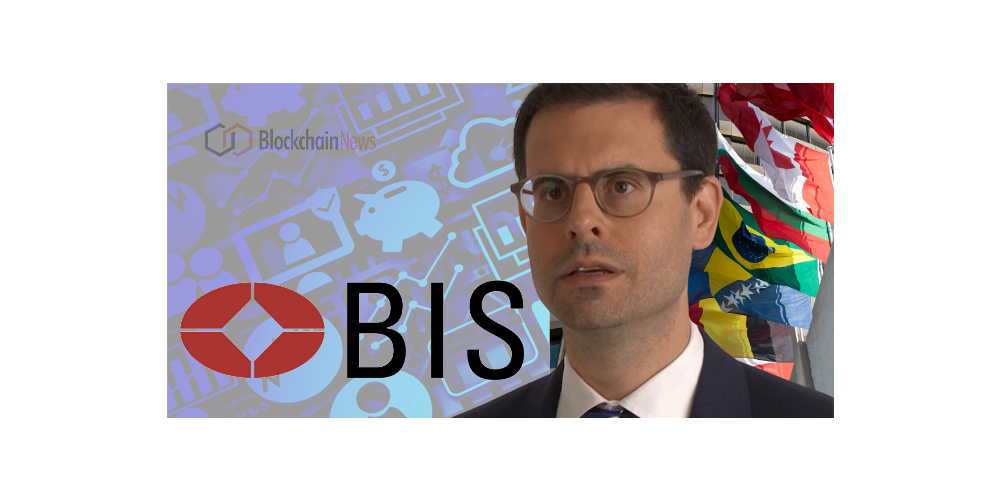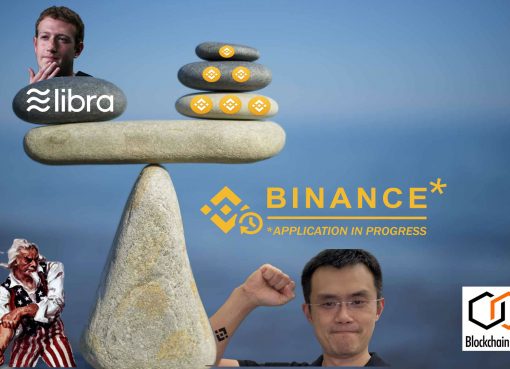The Bank for International Settlements (BIS), an international financial institution owned by the world’s central banks, has published a working paper, called Embedded Supervision: How To Build Regulation Into Blockchain Finance, which supports the idea of constructing blockchain-based regulation into markets, by making the case for a regulatory framework that can open up new ways of supervising financial risks and provides compliance in tokenised markets to be automatically monitored by reading the market’s ledger, thus reducing the need for firms to actively collect, verify and deliver data.
A decentralised market is modelled that replaces today’s intermediary-based verification of legal data with blockchain-enabled data credibility based on economic consensus.
The key results set out the conditions under which the market’s economic consensus would be strong enough to guarantee that transactions are economically final so that supervisors can trust the distributed ledger’s data. The paper concludes with a discussion of the legislative and operational requirements that would promote low-cost supervision and a level playing field for small and large firms.
The paper’s author, Raphael Auer, Principal Economist at the BIS, calls it “embedded supervision”.
The paper sketches out the basic design for embedded supervision. It then models a distributed ledger-based financial market and shows under what conditions supervisors can trust the data from a distributed ledger.
DLT makes possible the decentralised trading of asset-backed tokens, as well as decentralised financial engineering based on these tokens via self-executing contracts.
As data credibility in such markets is assured by economic incentives, supervisors need to ensure that the market’s economic consensus is strong enough to guarantee the finality of transactions and resultant ownership positions. Only in this case can supervisors trust the quality of the data in the distributed ledger.
To this end, the paper outlines a distributed and permissioned market in which “blocks” of financial contracts are verified by third parties. These verifiers stand to lose a set amount of verification capital should the blockchain ever be reversed, thus voiding existing transactions.
…The paper’s main theoretical result is to show how much capital verifiers would have to stake so that no market participant would ever find it profitable to bribe them into reversing the transaction history. As transactions would then be economically final, supervisors could then trust the distributed ledger’s data.
The full paper is available here.
Regulating cryptocurrencies: assessing market reactions, Auer on Cryptocurrencies in 2018
Hat tip to Simon Zenios & Co LLC for the lead on the article.
- Bank for International Settlements Proposes “Embedded Regulation” for Blockchain Markets – September 24, 2019
- Cryptocurrency Forensic Firm Elementus Raises $3.5 Million – September 23, 2019
- ICObox Busted: US SEC Charges ICO Incubator and Founder for Unregistered Offering and Broker Activity – September 23, 2019
- J.P. Morgan’s Blockchain Fueled Cross-Border Payments IIN Grows to 300+ Banks – September 23, 2019
- R3 and Infosys Wrap up Global Trial of Blockchain Based Trade Finance – September 23, 2019
- European Commission Releases New Support Paper on Blockchain – Further Funding for Startups Encouraged – September 19, 2019
- Bitpay Opens Up Doors For Ethereum Payments – September 16, 2019
- Neufund Launches Blockchain-Driven Equity Token Sale for Retail Investors Out of Lichtenstein – September 16, 2019
- London Blockchain Accelerator Academy Looking for Partners – September 13, 2019
- Blockchain Startup Blockstack Raises a Whopping $23 Million In SEC-Qualified Reg A+ Token Offering – September 12, 2019
- France Vows to Block Facebook Libra Cryptocurrency in Europe – September 12, 2019
- R3 and Mastercard Team Up Mastercard to Build Overseas Payments System Build on Blockchain – September 12, 2019
- ConsenSys Officially Joins Hyperledger Project – Adding Public Blockchain Capability to Hyperledger – September 11, 2019
- Telegram Open Network Labs Releases Development Suite for TON Blockchain – September 11, 2019
- Whale Alert: USD One Billion+ BTC Was Transferred in One Transaction Last Week – September 11, 2019
- New Professional API Trading Program AlgoX Prime API Launched by eToroX – September 11, 2019
- Bitcoin.com’s Roger Ver Steps in to Operate Node on Cryptographer David Chaum’s New Elixxer Project – September 11, 2019
- Seychelles Heats Up With a First for a National Stock Exchange – MERJ Exchange Goes Live with Tokenized IPO – September 10, 2019
- Computing Legend Steve Wozniak To Launch Blockchain Energy Project – EFFORCE – September 10, 2019
- Hollywood Star Wesley Snipes To Tokenize $25 Million USD Movie Fund with Liechtenstein Blockchain Innovator LCX – September 9, 2019
Also published on Medium.






